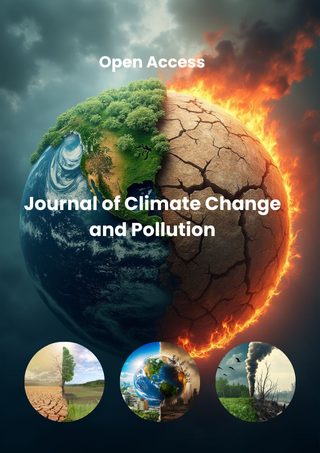INTRODUCTION
Access to clean, safe water is a fundamental human right. Yet many communities in Namibia, particularly in Kavango West and East, continue to struggle despite living alongside one of the country’s major rivers. This paradox underscores the urgent need for better water management, stronger infrastructure, and increased investment to ensure every Namibian can drink water without fear.
The Reality of Water Scarcity
Although the Kavango River runs through these regions, countless households cannot safely access its water. Weak infrastructure, limited distribution networks, and inadequate purification systems leave many residents dependent on unsafe sources. This exposes communities to waterborne diseases like cholera, diarrhea, and dysentery. The situation is worsened by rapid population growth and the impacts of climate change droughts and unpredictable rainfall place immense pressure on already strained supplies. Rural communities are the hardest hit, facing daily challenges that threaten their health, livelihoods, and future development.
Why Clean Water is Essential
- Public Health: Safe water prevents disease and keeps families healthy.
- Education: Children, especially girls, lose learning opportunities when they must fetch water instead of attending school.
- Economic Growth: Water sustains agriculture, small businesses, and job creation.
- Food Security: Reliable water supply supports farming and livestock production.
- Human Dignity: Equal access to water upholds justice and social equity.
The Path Forward
Solving water scarcity in Kavango requires joint effort and commitment:
- Government Action: Invest in boreholes, pipelines, purification plants, and stronger infrastructure.
- Community Involvement: Equip residents to take part in water conservation and management.
- Partnerships: Encourage collaboration between government, private sector, and NGOs to deliver lasting solutions.
- Innovation: Apply modern purification methods and efficient irrigation technologies.
- Climate Resilience: Adopt policies that strengthen communities against drought and climate shocks.
CONCLUSION
No community living by a river should lack clean water. Ensuring safe access is not only about survival but about advancing health, education, and dignity. With stronger infrastructure, innovative solutions, and united action, Namibia can achieve universal access to clean water laying the foundation for healthier, more resilient communities for generations to come.
Indexed In
DOAJ
CrossRef
PubMed
MEDLINE
ResearchBib
OAJI
Sindexs
EBSCO A-Z / Host
OCLC - WorldCat
Journal Flyer


